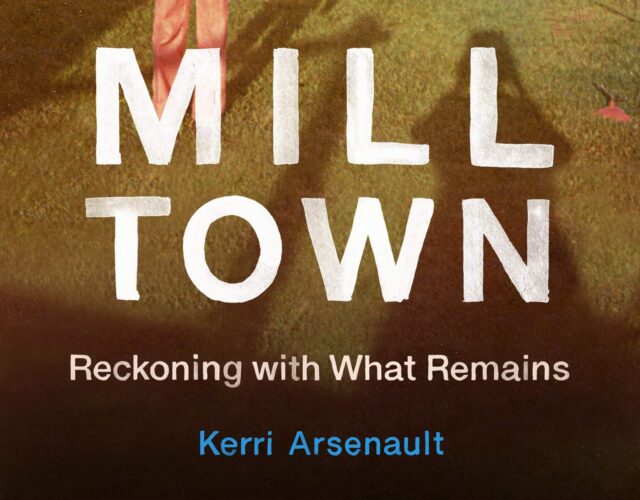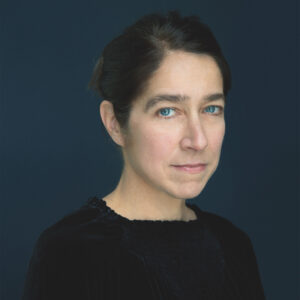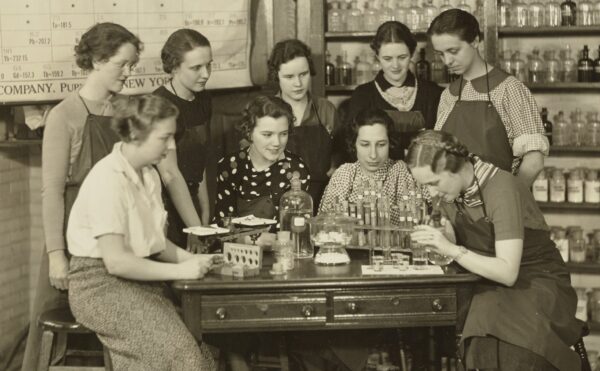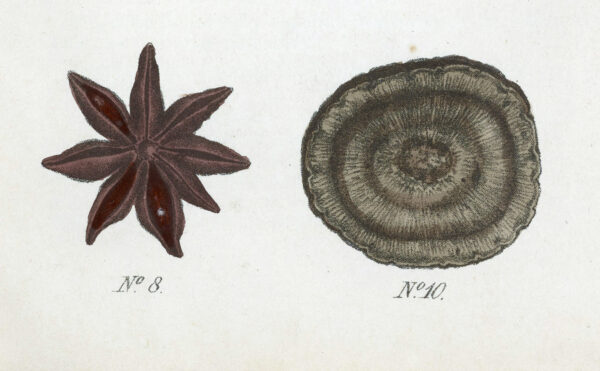A Conversation with ‘Mill Town’ Author Kerri Arsenault

In addressing environmental concerns, questions can be as important as answers.

Kerri Arsenault.
Photo credit: Erik Madigan Heck
Join Institute fellow Kerri Arsenault, author of Mill Town: Reckoning with What Remains, for a conversation on the joy, challenge, and urgency of writing about our environments.
The book examines the legacy of a paper mill that provided livelihoods for the residents of rural Mexico, Maine, for more than a century, including three generations of Arsenault’s family.
Weaving narrative nonfiction, investigative memoir, and cultural criticism, Mill Town illuminates the rise and collapse of the working class, the hazards of loving and leaving home, and the ambiguities of toxins and disease with the central question: Who or what are we willing to sacrifice for our own survival?
Mill Town has received numerous prizes, including the 2021 Rachel Carson Environmental Book Award, and was a New York Times Editors’ Choice. This year, Mill Town received a special mention for the inaugural Inge Feltrinelli Prize, dedicated to women writers who have used their voices in defense of human rights.
Arsenault is also a literary critic, codirector of Brown University’s Environmental Storytelling Studio, contributing editor at Orion magazine, and a Democracy Fellow at Harvard University’s Charles Warren Center for Studies in American History.
Arsenault is currently conducting archival research at the Science History Institute as the Ullyot Scholar at the Beckman Center for the History of Chemistry. Her primary interest and projects orbit around environmental storytelling and the lives of ordinary people and their intersection with waste, pollutants, and toxicities.
A reception with light refreshments will follow the conversation. This event is free and open to the public.
About Fellow in Focus
The Rohm and Haas Fellow in Focus Lecture series gives the Institute’s scholars an opportunity to present their work to a broad audience interested in history, science, and culture. Fellow in Focus lectures are presented by the Beckman Center for the History of Chemistry.
More events
First Friday: 80s Night
Get ready to travel back in time to the fabulous 1980s! Whether you rocked the Jazzercise leotard or spent hours trying to solve the Rubik’s Cube, we’ve got something for everyone.
Women in Chemistry Tour
Drop in for a tour highlighting the central role of women in shaping chemistry and the material sciences throughout history.
Stories of Science: May Flowers
Join us in our museum EVERY SATURDAY for a family-friendly program that highlights strange and surprising stories from the history of science!



